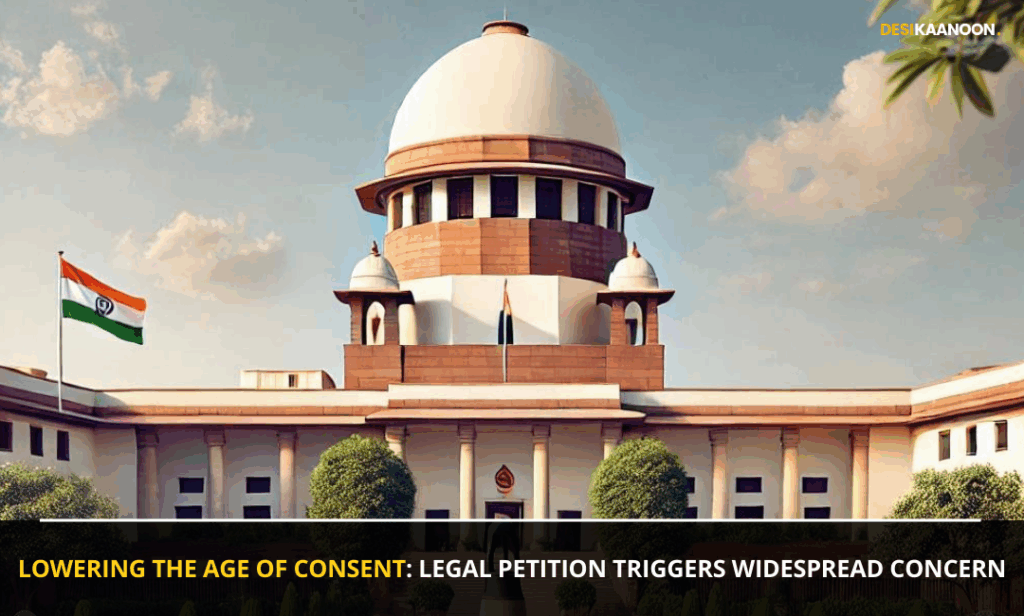Akhya Pandey A fresh legal plea before the Supreme Court has sparked a wave of public and legal concern. The petition calls for the age of sexual consent in India to be reduced from 18 to 16 years. This request isn’t just a technical tweak, it could fundamentally change how we understand child protection laws in this country.
Under current law, especially the Protection of Children from Sexual Offences Act (POCSO), anyone under 18 is legally a child. That means even if two teenagers are in a consensual relationship, any sexual activity between them is treated as a criminal offence. Section 375 of the Indian Penal Code also clearly states that sexual intercourse with a girl under 18 is rape, even if she agreed to it. These laws are built to protect minors and not to punish them, but they draw a clear legal boundary at age 18.
Those backing the petition argue that this line is too rigid. They say it criminalises normal adolescent relationships, especially when both parties are close in age. They bring up cases where young boys sometimes just 19 or 20 are facing jail time because their girlfriends are 17. Supporters also cite the 2017 Puttaswamy judgment, where the Supreme Court declared privacy a fundamental right. From their point of view, older teenagers should have the right to make personal choices about their relationships without fearing legal punishment but there’s a flip side. A large number of child rights activists, legal professionals, and parents believe this change could do more harm than good. The biggest worry is that older individuals could exploit 16 or 17-year-olds and then defend themselves by claiming the relationship was consensual. The purpose of the POCSO Act is to remove this grey area to say clearly that children under 18 deserve full protection under the law.
A key case often referred to here is Independent Thought v. Union of India (2017) 10 SCC 800. In that judgment, the Supreme Court ruled that even marital sex with a girl under 18 amounts to rape. That decision closed a legal loophole and sent a strong message that consent laws must be firm when it comes to minors.
The social media reaction to this petition has been loud and immediate. One post by legal educator Dewashish Awasthi called the proposal “Not Acceptable” and questioned whether lowering the age of consent would simply reduce the number of reported POCSO cases not because fewer crimes are happening, but because fewer acts would qualify as offences. That, he suggested, would be a dangerous way to manipulate the statistics.
At this point, the petition is just a request. It’s not clear whether the Supreme Court will take it up seriously or dismiss it outright. But the discussion it has sparked is already significant. It’s not just about the age of consent it’s about how far the law should go in either protecting teenagers or trusting them with adult decisions. And for now, it seems the country remains sharply divided on where that line should be drawn.
Instagram: Click Here. LinkedIn: Click Here. For Collaboration and Business: Click Here.

